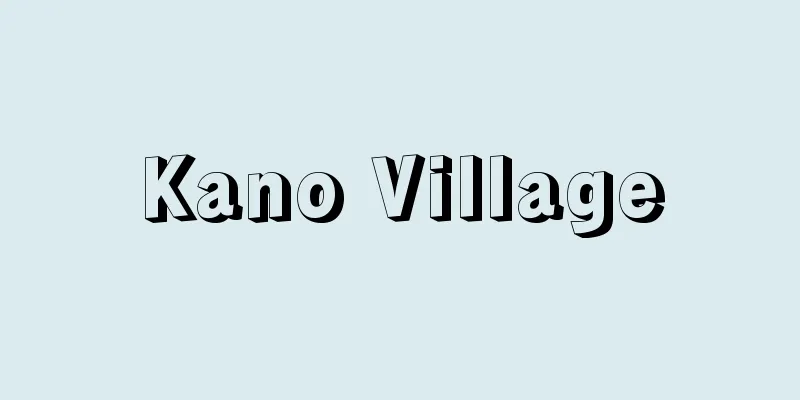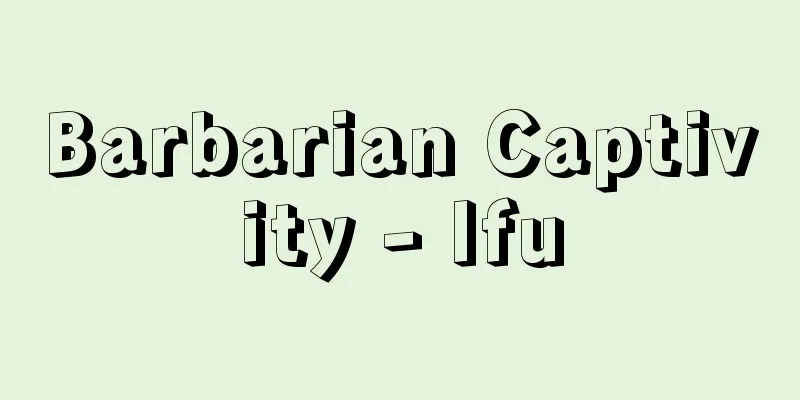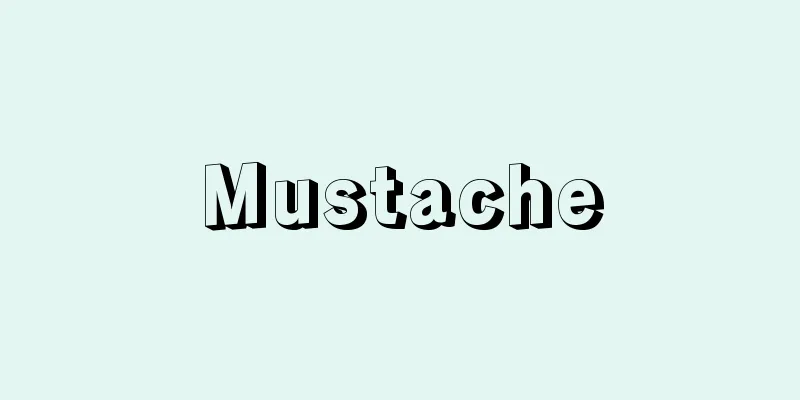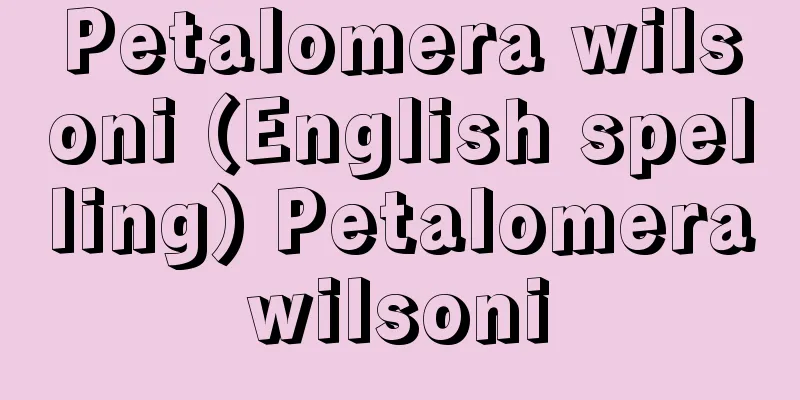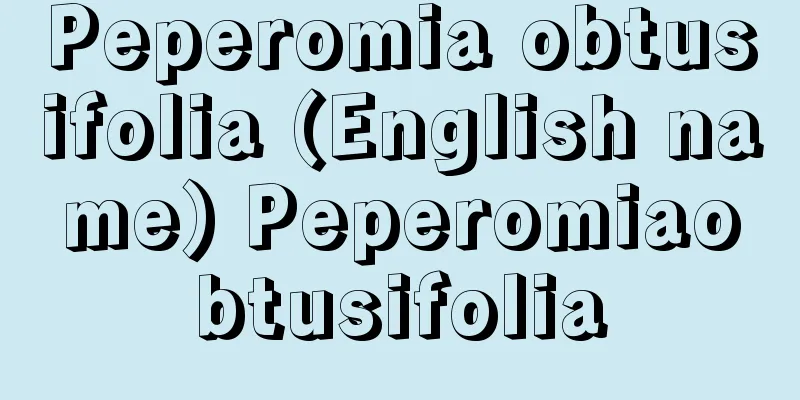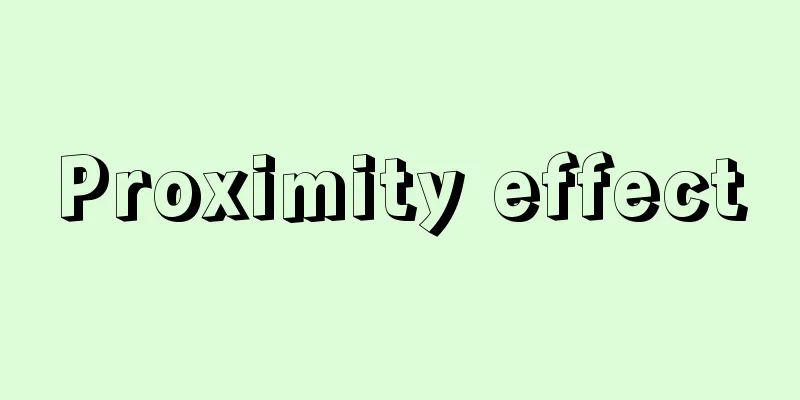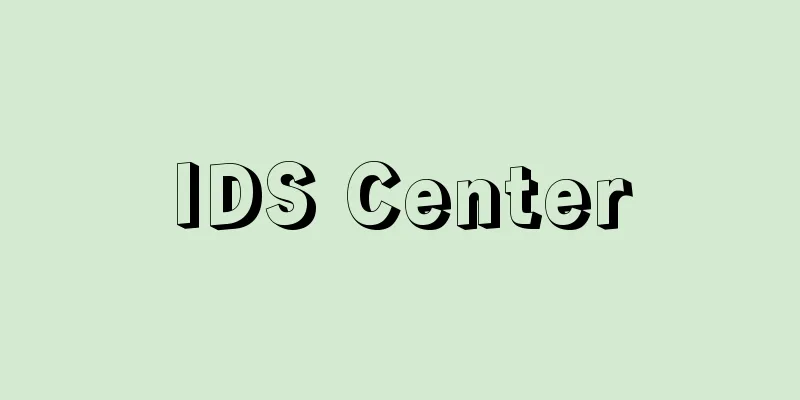Freedom of Education
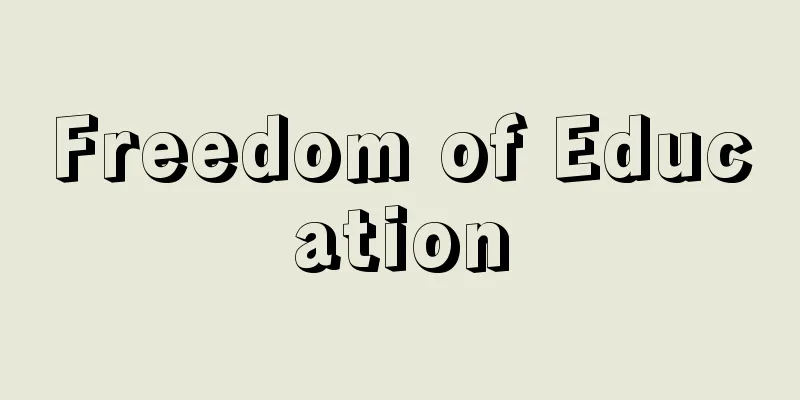
|
It refers to the freedom to realize an education without interference or pressure from the government, economic organizations, religious organizations, etc. Since it was advocated by Condorcet during the French Revolution, it has been considered one of the principles that underpins modern public education. In higher education, it is related to freedom of thought and research. Historically, modern public education was born from the modern state eliminating the intervention of the church as a religious authority in education. As a result, it has become difficult to completely eliminate the interference and intervention of state power. →Academic freedom→Related topics Right to education|Neutrality in education Source : Heibonsha Encyclopedia About MyPedia Information |
|
政府,経済団体,宗教組織などの干渉や圧力を受けることなく,教育を実現する自由をいう。フランス革命期のコンドルセが主張して以来,近代公教育を支える原理の一つと見なされてきた。高等教育においては,思想・研究の自由と関わる。歴史的には,宗教権力としての教会による教育への介入を近代国家が排除するところから近代公教育が生まれた。そのため,逆に国家権力の干渉・介入を完全に排除するのは困難となった。→学問の自由 →関連項目教育権|教育の中立性 出典 株式会社平凡社百科事典マイペディアについて 情報 |
Recommend
Mercury battery - mercury battery
A primary battery that uses mercury oxide (HgO) a...
American Son - Native Son
A full-length novel by black American author R. W...
roux brun (English spelling) rouxbrun
… There are two types of binders that thicken sau...
Pico
A prefix meaning one trillionth, or 10(-/) 1 2. Sy...
Li Liufang (English name)
1575‐1629 A Chinese painter of the Ming dynasty. H...
Tokoku
A haiku poet of the early Edo period. Tsuboi. A r...
Thermal paper - Kannetsushi paper
This is a special paper that is treated to change ...
The Great Society
…After Walras, politics came to be linked to the ...
Frauenburg
…Population 1940 (1979). German name is Frauenbur...
Maymun al-Qaddah
...After Ismail's death, a group of people wh...
Eastern Zone - Toshu
770 to 256 The name of the Zhou dynasty after the ...
Poly ADP ribose (English name) polyADPribose
…NAD and NADP have maximum absorption at 260 nm, ...
AID (Finance) - AID
…The Export-Import Bank of America Act of 1945 ma...
Kokichi Kano
Philosopher. Born in Odate, Dewa Province (Akita ...
West End
A colloquial name for the area in the center of L...

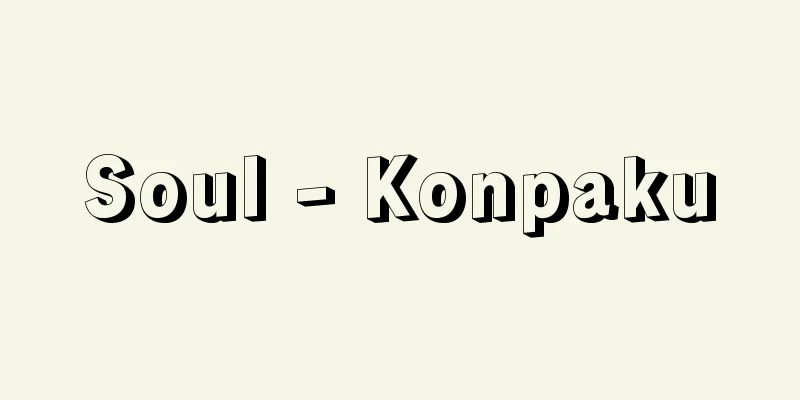
![Takasu [Village] - Takasu](/upload/images/67cc1d31b1fdd.webp)
